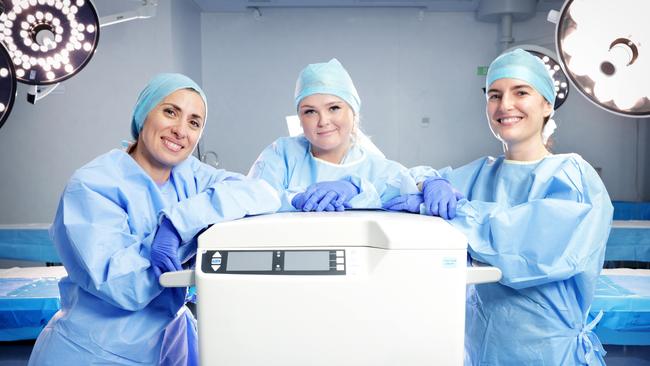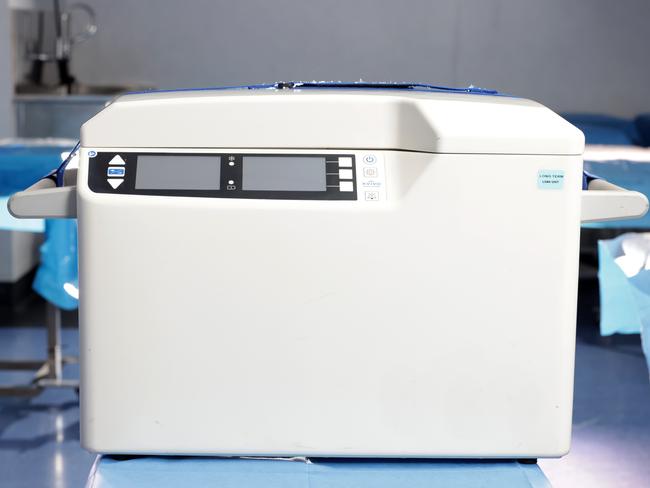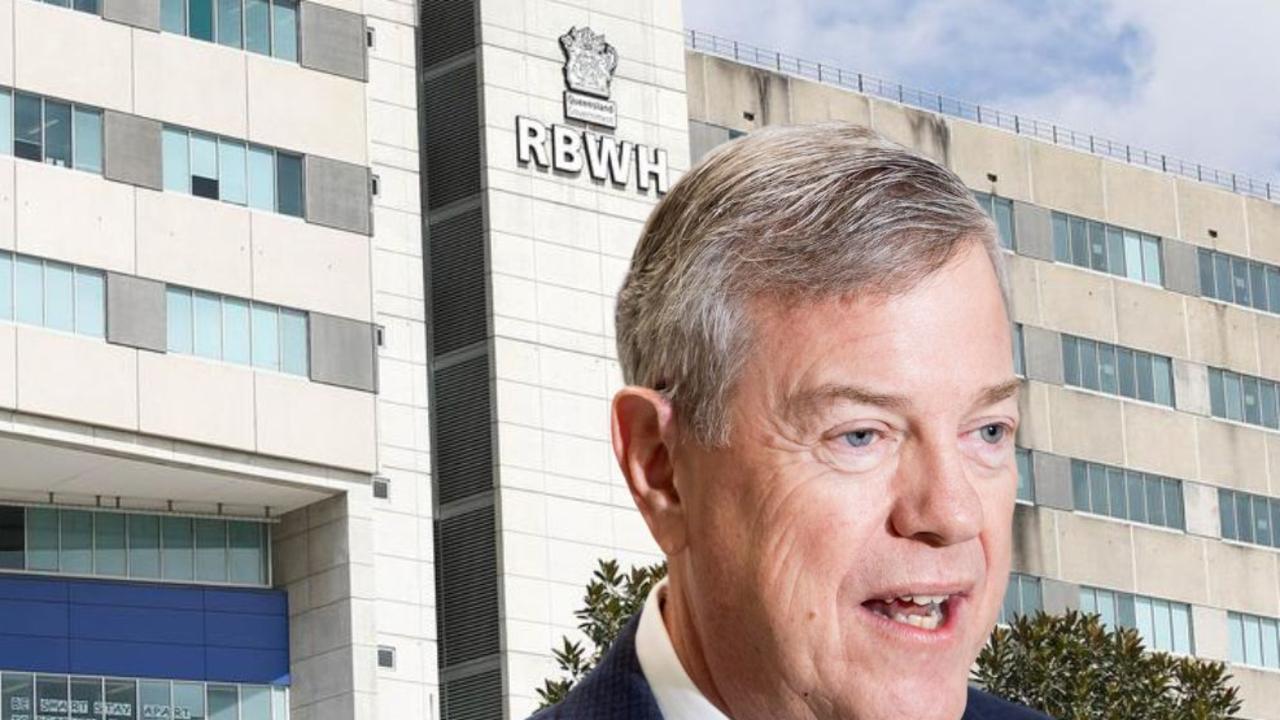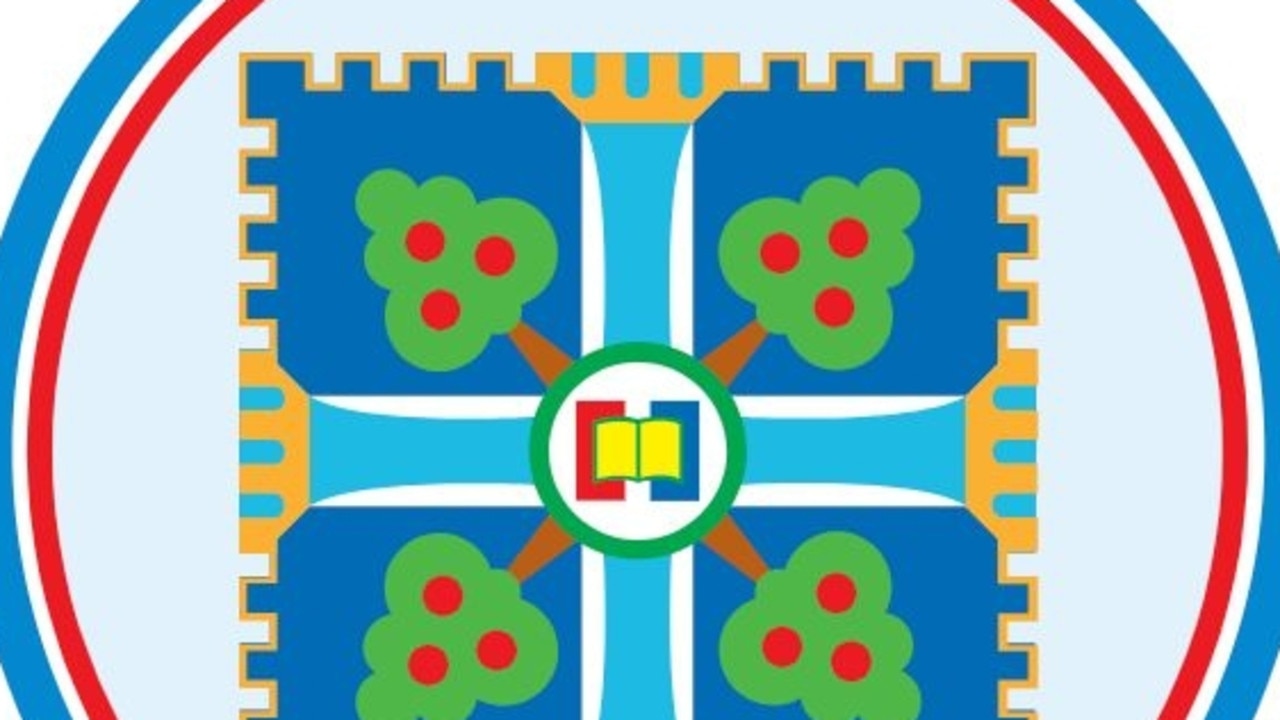Magic box keeps donor hearts alive longer, expands transplant options
A Queensland medical team revolutionising heart transplants around the world is now using its technology expand the pool of donors by repairing organs.

QLD News
Don't miss out on the headlines from QLD News. Followed categories will be added to My News.
A Queensland medical team revolutionising heart transplants around the world is now using its technology expand the pool of donors by repairing organs.
Australian cardiovascular and stroke researchers were honoured at the annual Australian Cardiovascular Alliance Excellence in Cardiovascular Research Awards in Brisbane on Thursday night.
The 2024 Game Changer Award, which recognises innovative breakthroughs, was won by professors John Fraser, David McGiffin, David Kaye and the Critical Care Research Group (CCRG) at The Prince Charles Hospital.
The CCRG has pioneered a transformative approach to heart transplants that is saving lives.
CCRG led the preclinical trials and clinical implementation of the Swedish-invented hypothermic oxygenated machine perfusion (HOPE) box, a device that allows a heart to remain outside a body for up to 12 hours – three times as long as before.
The technology has increased availability of donor hearts globally by about 20 per cent in less than two years.
The furthest a donor heart has travelled in a HOPE box is more than 6700km, from the French West Indies to Paris.
There are five transplant programs in Australia and New Zealand regularly using the technology.
CCRG postdoctoral research fellow Molly-rose McInerney said that since the start of preclinical trials, more than 150 patients had received a HOPE-assisted donor heart, who would have otherwise been ineligible due to distance alone.
“That is 150 loved ones who are off the waiting list, who have a better quality of life, who, potentially, have had their life saved because of this box,” she said.

“I am so privileged to be part of a team continuously working to improve the outcomes after transplant, none of which would happen without the generosity of the donor organ and their family.”
The next phase of research is looking at whether the box can be used to help expand the pool of heart donors by repairing organs.
“We’re investigating whether or not the box will be able to improve the condition of catastrophically damaged hearts to try and sort of ‘rejuvenate’ them to be eligible for transplant,” Dr McInerney said.
“The box is enabling us to repair hearts that are irreversibly damaged, or so we thought over the last 50 years.”
Prof Fraser said research was a collaborative effort, and this award was a reflection of the amazing, nationally and internationally-renowned team behind it.
“Queensland researchers continue to punch above our weight, delivering health innovations on a global scale,” he said.
“We’re proud to play a small part in shining on light on the strength of Queensland’s research efforts, in the state that still experiences one of the highest rates of cardiovascular disease.”
The winner of the 2024 Translation Award was Professor Nathan Palpant and his University of Queensland team.
Prof Palpant’s team is addressing the challenge of tissue damage after heart attacks and strokes with a drug derived from the venom of the K’gari funnel-web spider.
More Coverage
Originally published as Magic box keeps donor hearts alive longer, expands transplant options





